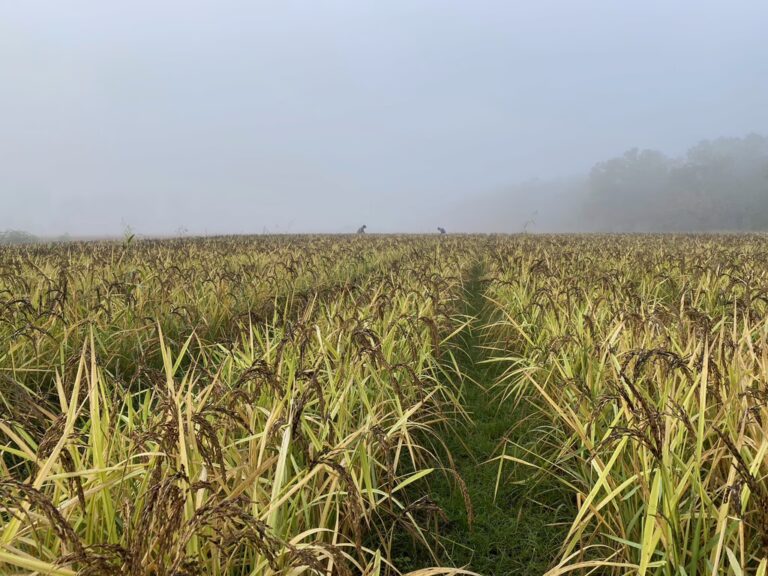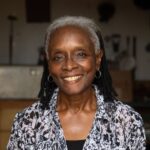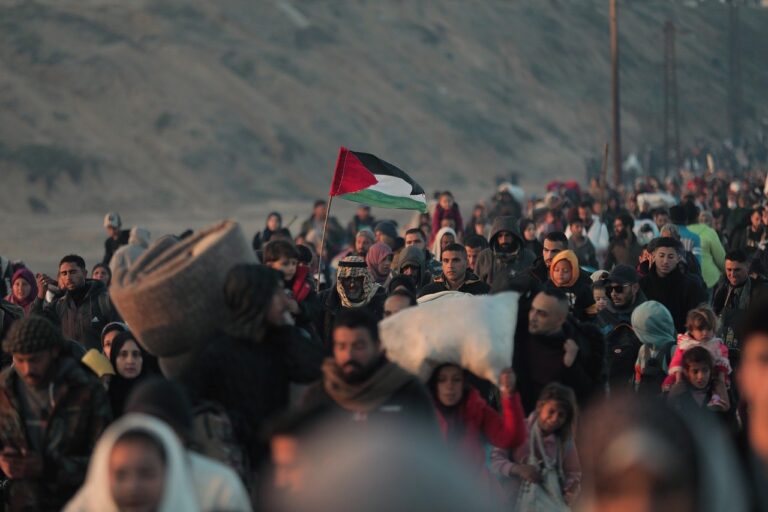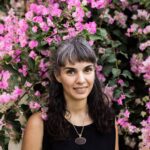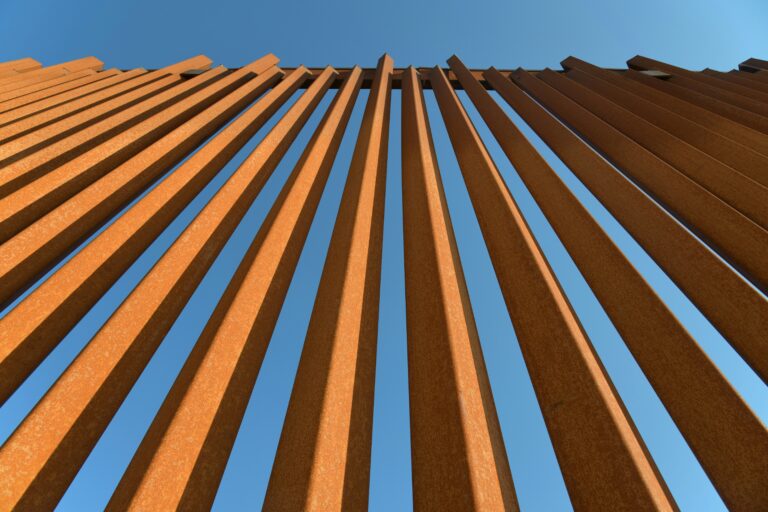By Katie Benvenuti
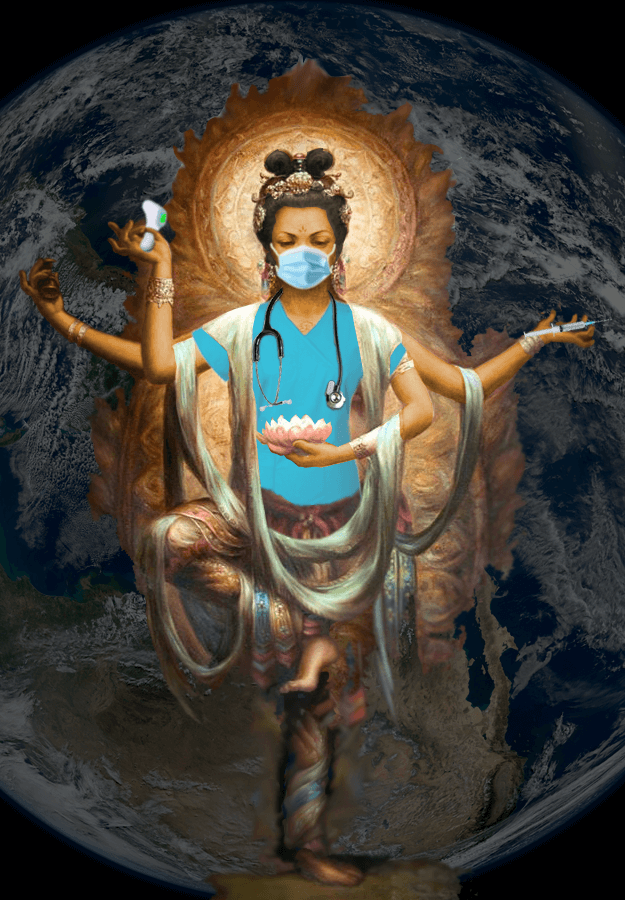
At the end of March, Guo Gu, teacher from the Tallahassee Chan Center, founded Dharma Relief with the intention of forming a coalition of Buddhist practitioners, centers, and organizations across lineages to provide emergency relief to healthcare workers most heavily impacted by the outbreak.
Guo and others at Dharma Relief knew that, for a multitude of reasons, supplies have not been leaving China through the usual channels since the coronavirus outbreak began. Relatedly, there has been a critical shortage of medical supplies in hospitals nationwide. Dharma Relief’s plan was to partner with Chinese companies to import surgical masks to healthcare workers fighting COVID-19 on the front lines, and they wanted Buddhist organizations and practitioners across the country to help. On March 30th, Dharma Relief reached out to One Earth Sangha asking if they knew of any hospitals or healthcare workers who needed PPE.
Those with time, energy, and other resources are called to stand with native communities and get behind their demands.
This was at the time of emerging news that indigenous communities were being hit hard by COVID-19, particularly Navajo communities, though others as well. Indigenous communities in the United States are and have been extremely underserved, and as such, they have a higher than average per capita rate of preexisting conditions that can increase COVID-19 mortality.
Through channels from connections in Navajo Nation, One Earth Sangha was able to connect Dharma Relief to Navajo Incident Command, IHS, and eventually to individuals in two hospitals in indigenous communities. Eventually, they were able to supply 10,000 surgical masks between the two hospitals.
This was the very least we could do in this situation. So much more is needed.
If the pattern holds, the hegemony will extract from and then abandon native communities. As a predominantly white spiritual community situated in the dominant culture, we are vulnerable to participation in that very act. Those with time, energy, and other resources are called to stand with native communities and get behind their demands. In particular, white allies can advocate for protection of native lands and waters, indigenous representation, resources for communities, justice, and sovereignty. Ultimately, we do this not for anyone else but rather as if our own well-being is at risk because in fact it is.
When you’re dealing with a non-native population that’s trying to save today’s world and feels urgently about it, they are not recognizing that there’s a problem with the world they are trying to save. They are actually trying to save our dystopia. Our dystopia is one where people don’t relate to us through kinship relationships, reciprocity, accountability, trust and consent. That’s why it’s a concern that when people become more and more urgent, environmental injustice will once again affect indigenous people, people of color and other groups.
– Dr. Kyle Powys Whyte, Associate Professor of Philosophy and Community Sustainability and a faculty affiliate of the American Indian & Indigenous Studies and Environmental Science & Policy programs at Michigan State University.
We extend heartfelt gratitude to Dharma Relief, our indigenous partners, contacts at Navajo Incident Command and the Zuni and Navajo hospitals, the front line workers serving those communities, the retired nurses and dharma practitioners who connected us to Incident Command, and our team member who ran point on this, Osa Arkin.
You can donate to the First Nations’ emergency response fund here. Please note that there are many other indigenous organizations accepting donations, and there are many other ways to get involved. We encourage you to look into local communities in your area who may need support.

